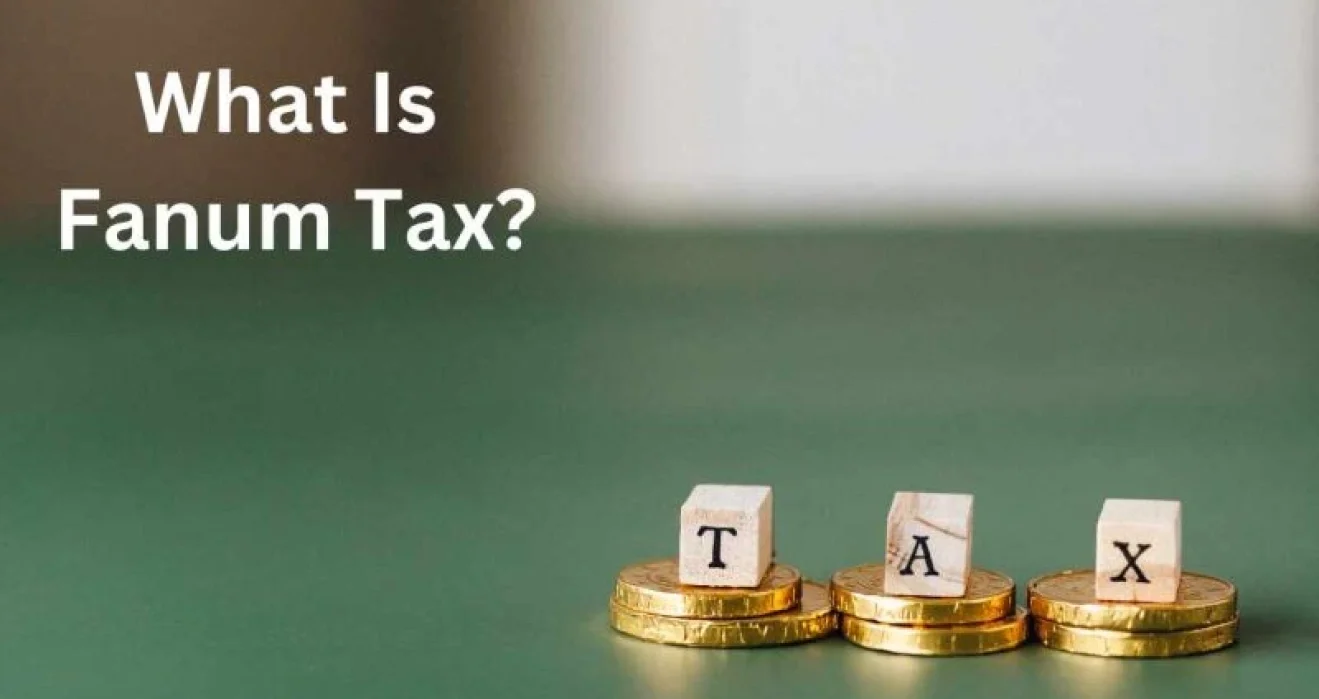A new slang term, “Fanum Tax,” is becoming popular among Gen Z, and Gen Alpha is already leading the social media slang terms. You must have gone through this term while scrolling TikTok or Instagram. Therefore, this term has sparked curiosity in many people, and many are still unsure of its exact meaning, origin, and implications. This may be confusing for parents and even older siblings when trying to understand the meaning of slang. Learn more about what “fanum tax” means, where it came from, and when to say it. In this blog, we will clarify everything about the “Fanum Tax.”
What Is the “Fanum Tax”?
The term itself does not represent a literal tax or monetary charge but serves as a metaphor for the idea that one must contribute or engage in a certain way to gain access to something exclusive, whether content, experiences, or even social interactions.
As it has already been noted, the “Fanum Tax” is an obvious joke or mockery mainly shared by specific pillars of the internet. You can mention it in connection with social media bloggers, content makers, and personalities who undertake exceptional comedy activities with societal and cultural undertones. These circles use the ‘Fanum Tax’ for the cost of content, events, or interaction levels one must pay.
As such, the term is not even a tax or monetary question but a metaphor for the concept that one has to contribute or participate in a specific manner in order to attain entry into a specific form of content, experience, or even social interaction.
What is the origin of the “Fanum Tax.”?
The term ‘Fanum Tax,’ which is taken from the phrase above, came up as an advancement that was prompted by the funny trends of real-life terminology where social things online are described. Although the term’s etymology is somewhat unclear, it rose to popularity within a social media context related to YouTubers, TikTokers, and Twitters familiar with the term. That can be attributed to interactions and videos derived from a popular social media identity known as Fanum. Roberto Escanio (born August 22, 1997), better known online as Fanum, is a Dominican-American streamer and content creator. Click here to learn more about Fanum.
Combining this concept with social networks, where Fanum has a significant fan audience, especially for his jokes and non-trivial work on creating videos, the figure of the person known as Fanum was formed. Engagement with the audience and other creators played a major role in bringing the ‘Fanum Tax’ meme from a ‘closed group’ meme that was only enjoyed within the group to the rest of the world.
The way the term emerged is typical—it soon turned into a comic manifestation of the idea of a consumer-producer exchange between Internet users and popular public figures.
How to use “Fanum tax”:
Anyone can use this term anywhere when food gets stolen, or you steal someone’s when you get a bite from your friend’s meal without seeking permission from him/her! Say! “fanum tax.” Something like this usually happens in a comedic flair between friends. However, both parties can use the slang term fanum tax, one for those who are stealing and the other for those whose food is being stolen. Some more examples will help you understand the topic better.
You can use this term in the following way:
Say “fanum tax” when you take a bite from a friend’s meal.
Say “fanum tax” when your friend takes a bite from your meal.
Call someone “fanum tax” as a compliment.
- For example, you can see that the girl in the black dress looked fanum taxed at the event.
- Gener was looking fanum taxed in her new black shirt at the party yesterday.
Some Examples
This term is more common among the Gen Alpha generation, and if you scroll through Instagram, TikTok, etc., you must be familiar with this term. You must have seen many texts and captions on Instagram or other platforms. The meaning of this slang is simple: to steal your friend’s food or your friend stole your food at the time you say this term.
The person can be your sibling or a friend. People often use this term as an expression to express their feelings in a satiric, good way, or in an angry tone. At times, teens commonly use this term.
Here are some examples of the term “Fanum Tax” for better understanding:
- Ezila fanum taxed the breakfast I brought today.
- I got a new packet of chips, but my sister fanum taxed it quietly.
- So, if you think of fanum taxing my meal, you can’t this time.
- Don’t try to fanum tax drink. You have already finished yours.
- Hey, why did you fanum tax my food? Order me now!
- Henry fanum taxed my whole snacks. Now, I have nothing to eat.
In Conclusion:
To summarize, the “Fanum Tax” is a concept that emerged online, humorously portraying the transactional dynamics of digital content creation. It emphasizes the reciprocal relationship between content creators and their fans, who, by offering support in different ways, gain access to exclusive content, experiences, or a feeling of community.
The “tax” is not an actual charge. It acts as a playful, satirical metaphor for the increasing bond between influencers and their audiences. It’s like two friends and siblings.
Understanding the “Fanum Tax” provides insight into the ever-evolving dynamics of online engagement and the role of both fans and creators in this digital ecosystem. Whether viewed as a humorous comment on influencer culture or commentary on the cost of engagement, the term has become an integral part of the online lexicon. It symbolizes the intricate and often playful relationship that defines modern content creation. Therefore, everyone must be familiar with the latest trends, especially the slang today’s generation uses, including “Fanum Tax.”
Like this, there are many other terms that are popular among Gen Z. Stay tuned to read more interesting blogs.
Click here to read about common abbreviations people use today.


























